In the following example, the order matters in terms of precedence:
grammar Precedence;
root: expr EOF;
expr
: expr ('+'|'-') expr
| expr ('*' | '/') expr
| Atom
;
Atom: [0-9]+;
WHITESPACE: [ \t\r\n] -> skip;
For example, on the expression 1+1*2 the above would produce the following parse tree which would evaluate to (1+1)*2=4:
Whereas if I changed the first and second alternations in the expr I would then get the following parse tree which would evaluate to 1+(1*2)=3:
What are the 'rules' then for when it actually matters where the ordering in an alternation occurs? Is this only relevant if it one of the 'edges' of the alternation recursively calls the expr? For example, something like ~ expr or expr + expr would matter, but something like func_call '(' expr ')' or Atom would not. Or, when is it important to order things for precedence?

